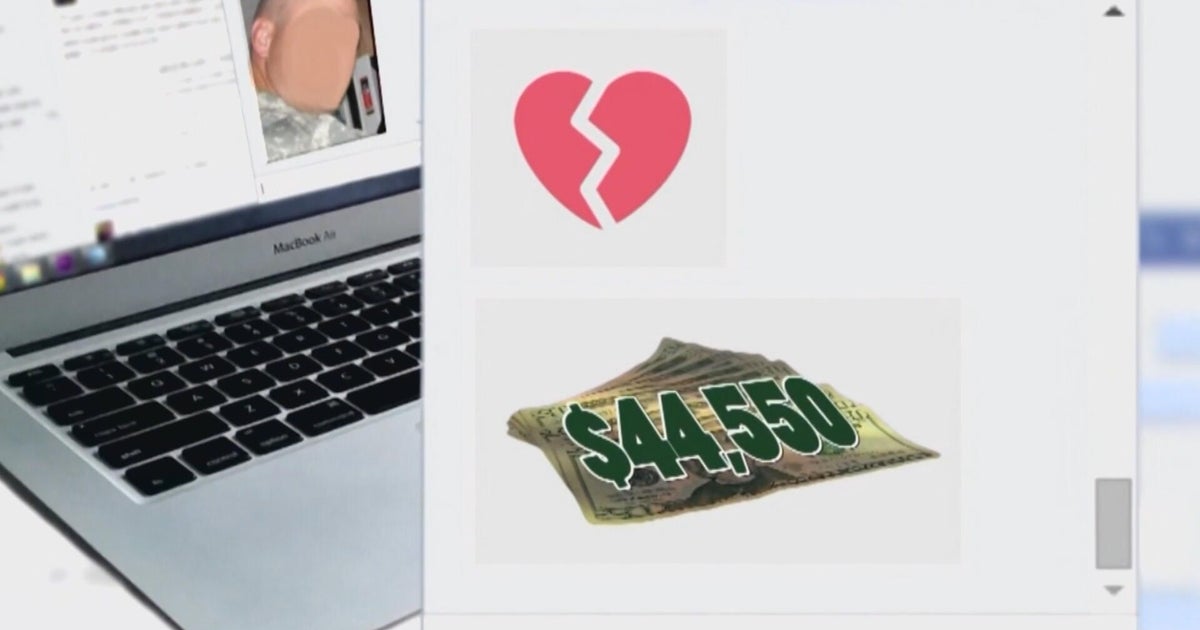Many graduate programs are "scams," according to higher education policy analyst
Some 3 million Americans will enroll in graduate programs this year — only to work toward degrees that often aren't worth the time or money, according to an education policy analyst.
Many undergraduates earn their bachelor's degrees and go straight to graduate school in hopes of gaining a new degree or skills that will make them more attractive to prospective employers.
"The reason people go makes sense. They go to get a good job and make more money," said James Murphy, senior policy analyst at advocacy group Education Reform Now.
But recent research shows that 40% of masters programs in the U.S. have no positive return.
"If you take in the cost of attending and the time spent not working, what you get out of that master's degree doesn't even pay for itself," Murphy told CBS News.
In some cases, they even have a negative return on investment — meaning degree holders spend more on graduate school than they can reasonably expect to earn later on.
"You end up making less money by getting this degree. So that's pretty bad," Murphy added. That's compounded by the fact that some 60% of degree seekers take out loans to pay for graduate school programs, and end up saddled with student loan debt.
Murphy said the federal government issues loans recklessly to students who end up carrying more debt than they can pay off. Meanwhile, universities get rich from tuition fees.
"It's the universities who are seeing giant piles of money out there and grabbing it," Murphy said.
In the past decade alone, roughly 9,000 new master's degree programs have sprouted. But new different career types have not.
"This is essentially universities seeing the money that's out there and getting it," Murphy said.
He urged students to consider whether or not a master's degree makes sense before they enroll in a program. First, ask yourself why you want to get a master's degree.
"If your answer is to make more money, get a better job, and that's your only answer, it's probably not a great idea," he said.
On the other hand, if you can point to specific data about the program you're interested in, and the marketable skills or credentials it develops that can lead to a higher-paying job, it might be worth the investment. For instance, at many public schools, teachers with master's degrees in education earn more than those without them.
"If you're going to get that return, it makes sense," Murphy said.
Also visit sites like the U.S. Department of Education-run College Scorecard, which compares the cost and value of higher-education institutions across the U.S., he suggested.
Be leery of programs that promise you only a great network and better communication skills, Murphy said.
"Find out what actually you'll be able to do in a year or two that you can't do now."



